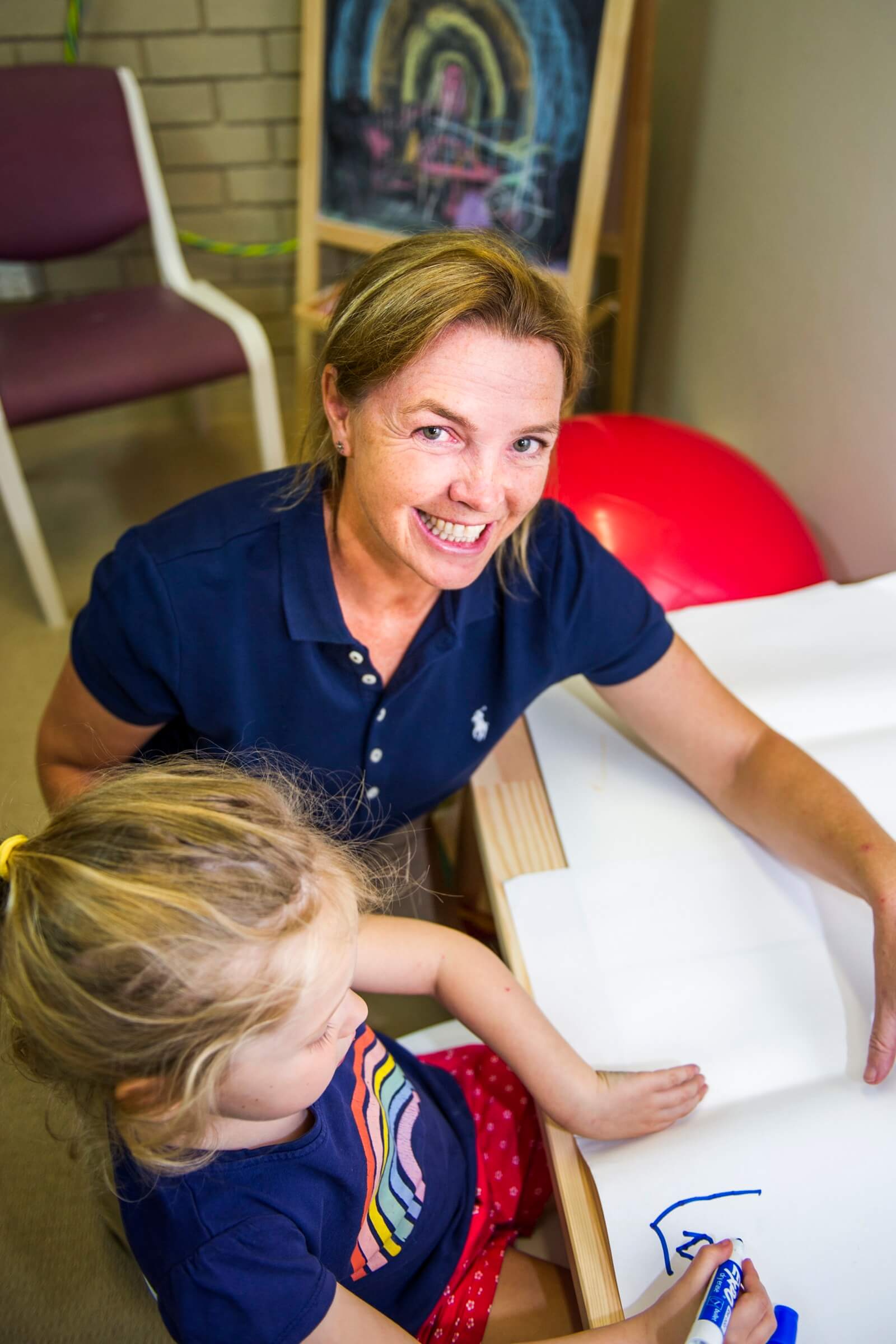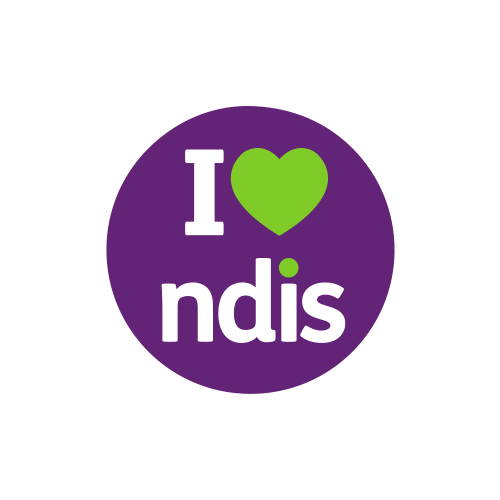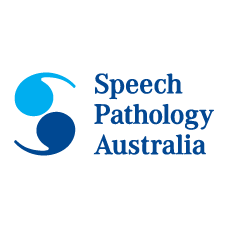Tarragindi Paediatric Speech Pathology
Paediatric Speech Therapy for ChildrenToddlersTeens
Hello! We are a Tarragindi Paediatric Speech Pathology practice. Our focus is on helping children and young people to improve their function and reach their potential every day. Our Speech Pathologists are skilled at engaging children with creative therapy based on best-practice and have a real passion for helping kids excel in and enjoy every aspect of their lives.
Speech Pathology for Children
Adaptability Therapy offers Speech Pathology services for children and young people aged 0-18 years to overcome challenges with speech, language, social interaction, mealtimes/feeding, literacy and specialised augmentative or alternative communication methods. We provide services to children with a range of developmental delays and disabilities including (but not limited to) Autism Spectrum Disorder, Intellectual Impairment, Global Developmental Delay, Neuromuscular disorders, Cerebral Palsy, Down Syndrome and Chromosomal abnormalities.
When might your child need Speech Pathology support?
- If your child is not reaching their communication or feeding milestones
- If your child’s speech is challenging for familiar listeners to understand at 2-3 years of age
- If your child has difficulties with language – for example difficulties following instructions answering questions or forming sentences as well as their peers
- If your child is a messy or ‘fussy’ eater
- If your child is coughing or choking during meals and experiencing difficulties gaining weight
- If your child is transitioning to oral eating from alternative forms of feeding (eg. PEG NGT)
- If your child has difficulties learning to spell and read
- If your child has difficulties understanding or engaging in play with peers
- If your child has difficulties using language to engage socially with their peers

What do we do?
Speech (pronunciation & talking)
The clear production of speech sounds in single words and sentences is important for children to develop in order to communicate with and be understood by others. Children who have difficulties in developing their production of speech sounds in an age appropriate way may also develop difficulties with reading and spelling as they reach school age. Targeted intervention by a Speech Pathologist is a highly effective way of developing a child’s speech clarity and fluency.
Language (understanding and using words)
A child’s understanding and use of words is important in order to develop listening and auditory memory skills, understand instructions, formulate sentences, use appropriate grammar, tell stories, understand and answer questions and engage in social conversation with peers. Children who have difficulties developing their language skills often experience frustration at not being able to communicate their wants, needs, thoughts and ideas to the people around them. Delays in language development can have a flow on effect to the development of literacy and social skills at school.
Social interaction & play
A child’s ability to play and engage socially with their peers is an important skill for school readiness. The development of effective play skills such as turn-taking, following the rules of play, negotiation and problem solving enables children to build relationships with their peers.
Mealtimes/feeding support
Children who experience texture sensitivity/avoidance, have a limited repertoire of foods, gag/cough/choke on foods or are messy eaters may benefit from a mealtime assessment. Speech pathologists are trained in assessing, diagnosing and providing congoing support for a variety of feeding difficulties.
Literacy (spelling, reading and writing)
A child’s development of literacy skills are highly linked to the prior development of effective speech and language skills. A targeted assessment of a child’s speech, language and phonological awareness skills (ability to understand sound patterns in words) by a Speech Pathologist may be beneficial in better understanding a variety of possible causes for these difficulties.
Augmentative and/or Alternative Communication methods (AAC)
AAC is a term that refers to a variety of tools/strategies/methods that can enhance spoken language or provide a different way of communicating. AAC can be aided (i.e. using a tool) or unaided (i.e. does not require a tool such as gesture or sign language). Additional communication tools such as tablet-based communication devices, picture books or boards can be effective in providing a child with limited or no speech an alternative means of communicating with others. A trained Speech Pathologist can provide support throughout the trial, assessment and training phases of AAC development.
Book an appointment online
Contact our friendly staff to book a Speech Pathology appointment for your child. P: 07 3899 5802 E: [email protected]

